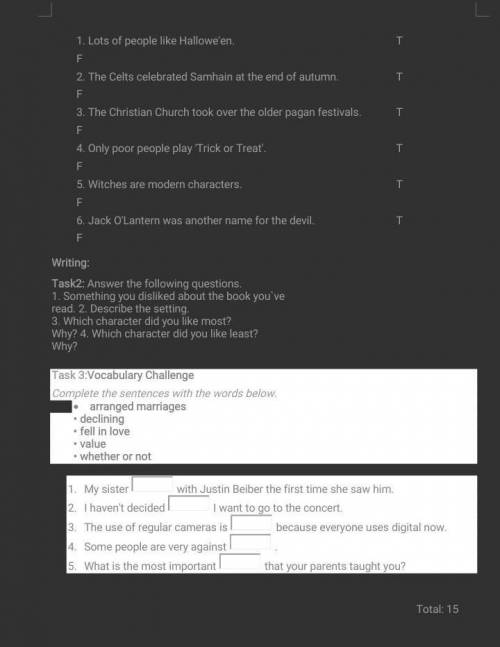
У статті аналізуються перейменування поселень Одещини, здійснені в межах закону про
декомунізацію в 2016 р. Визначено шляхи вибору назви, введеної при перейменуванні (відновлення
історичної назви; заміна старої назви іншою, взятою з місцевої топонімічної системи; трансформація
старої назви таким чином, що втрачається її ідеологічний характер; утворення нової назви від слів,
денотати яких оцінюються позитивно). Розглянуто також назви, запропоновані комісією з
перейменувань, проте не прийняті, зокрема через критичну оцінку цих ойконімів мешканцями.
Зазначений матеріал дає уявлення про сучасні топонімійні смаки мовців: помітна виразна тенденція
відкидати пропозиції повернення історичної назви та заміни старої назви іншою, взятою з місцевої
топонімічної системи, якщо пропонована назва є етимологічно неясною. Іноді в таких ситуаціях може
використовуватися трансформація старої назви або ж створення нового ойконіма. Перейменування
поселень Одещини певною мірою засвідчило прагнення обирати назви з прозорою мотивацією,
уникаючи історичних назв поселень чи назв, узятих з місцевої топонімічної системи, якщо вони
сприймаються як етимологічно непрозорі. При цьому неодноразово засвідчені випадки, коли ні
номінаторів, ні мешканців не бентежила стандартність запропонованих назв та – як наслідок цієї
стандартності – їх знижена диференційна потужність.
A. 1. He didn't play football yesterday
2. She didn't work in the garden yesterday mornining.
3. They didn't finish their last lesson at one o’clock.
4. It didn't snow last Friday.
5. We didin't watch TV in the evening.
6. I didn't ask to ring me up.
7. He didn't stop at the corner of the street.
B. 1. Yesterday we didn't go to the office by car.
2. She didn't find the key in its usual place.
3. We didn't see a nice film at the cinema the other day.
4. Last week my uncle didn't show me his new office.
5. My sister didn't speak to her boyfriend on the phone in the morning.
6. I didn't meet my former classmate last Tuesday.
7. She didn't leave for London two days ago.
8. He didn't get an excellent mark for his test.
C. 1. Yesterday it wasn't very cold.
2. I wasn't in Paris a year ago.
3. These children weren't at the Zoo last Saturday.
4. He wasn't born in August.
5. My friends weren't at the theatre the other day.
6. My brother wasn't very busy at the office yesterday.